Physical Address
304 North Cardinal St.
Dorchester Center, MA 02124
Physical Address
304 North Cardinal St.
Dorchester Center, MA 02124
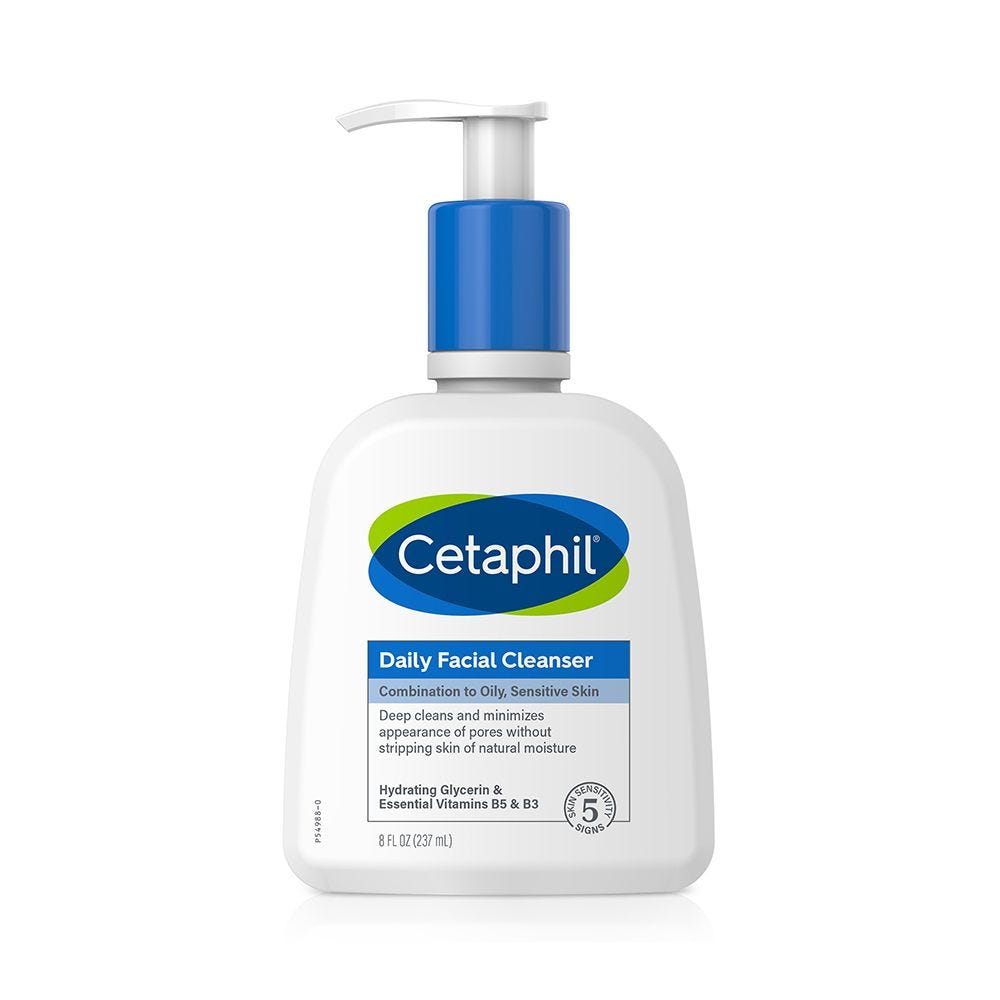
Dealing with acne can be a frustrating and challenging experience for many people. Understanding the root causes of acne is crucial in finding effective solutions. One of the most significant steps in any skincare routine is choosing the right cleanser. The right cleanser can help remove impurities, excess oil, and dead skin cells, setting the stage for healthier skin. In this guide, we will explore the best cleansers for acne and provide you with knowledge to create a comprehensive skincare routine.
Acne is a skin condition characterized by the presence of pimples, blackheads, and cysts, typically occurring on the face, back, and shoulders. It develops when hair follicles become clogged with oil, dead skin cells, and bacteria. Acne is common among teenagers, but it can affect individuals of all ages.
The severity of acne varies from person to person. Some may experience mild breakouts, while others encounter persistent and severe acne. Understanding the various types of acne can help in selecting suitable cleansing products. Common types of acne include papules, pustules, nodules, and cysts, each requiring different care approaches.
Several factors can contribute to the development of acne. Hormonal changes, such as those experienced during puberty, menstruation, and pregnancy, often lead to increased oil production. Additionally, stress can exacerbate acne, as it may trigger hormonal fluctuations in some individuals.
Diet can also play a role in acne production. Certain foods, particularly those high in sugar and refined carbohydrates, may worsen skin conditions. Environmental factors, including humidity, pollution, and skin care products, can affect the skin’s health as well. Thus, adopting a comprehensive skincare routine, starting with an effective cleanser, is essential.
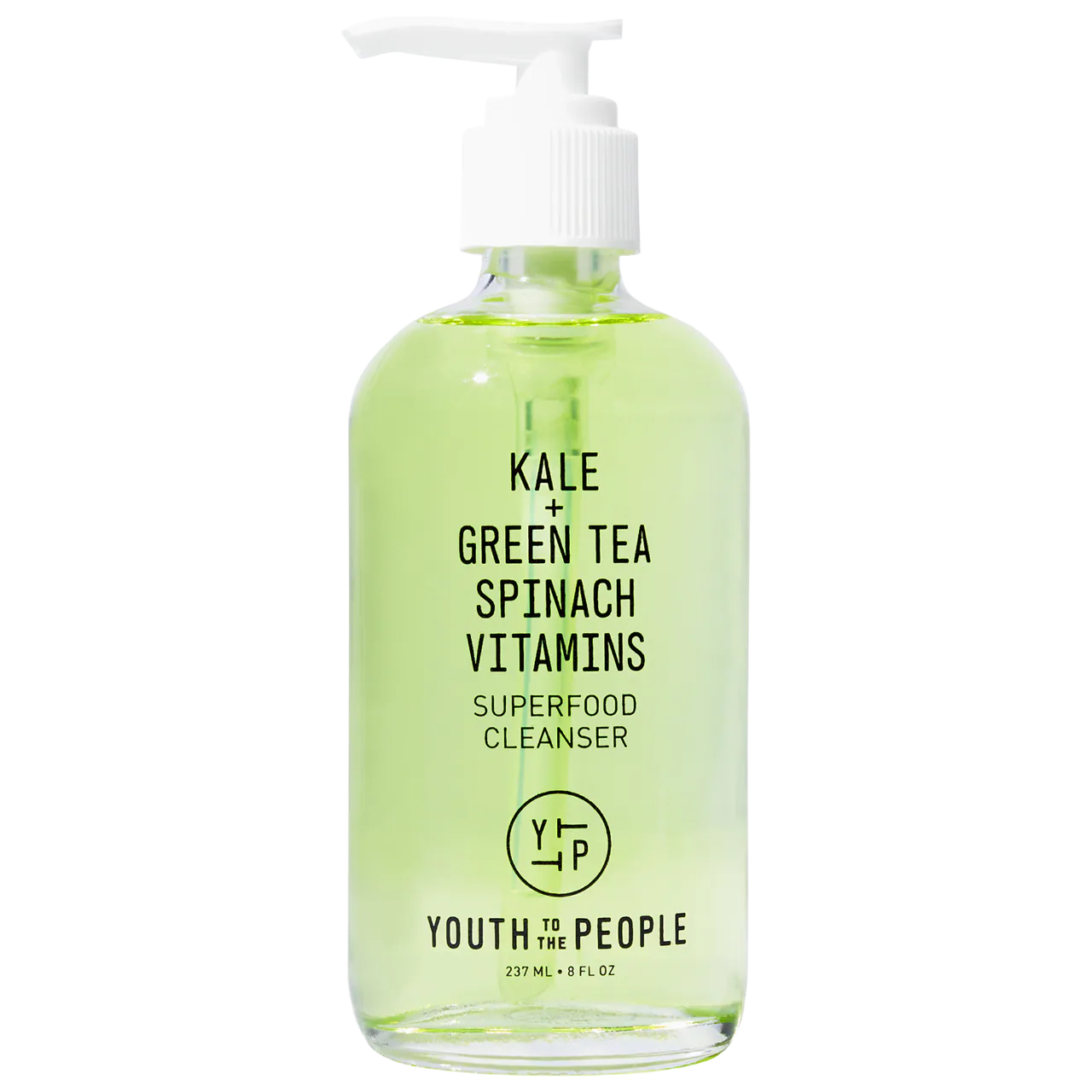
Cleansing is a foundational aspect of any skincare routine. For those with acne-prone skin, choosing the right cleanser can significantly impact overall skin health. A good cleanser removes impurities, excess oil, and makeup that can lead to clogged pores. It prepares the skin for better absorption of subsequent products, such as treatments and moisturizers.
Cleansing also helps reduce inflammation and prevent future breakouts. By keeping the skin clean, you can regain control over the acne cycle. Regular cleansing is important, but over-cleansing can dry out the skin and lead to further irritation. Therefore, finding a suitable cleanser is essential for maintaining a balanced complexion.
It’s important to establish a consistent cleansing routine. Generally, it is recommended to cleanse your face twice a day—once in the morning and once before bedtime. Establishing this habit helps remove sweat, oil, and dirt accumulated throughout the day.
Additionally, cleansing after workouts or any activities that induce sweating is crucial. Sweat can mix with oil and dirt on the skin’s surface, leading to clogged pores. Setting aside time to cleanse your skin regularly is a vital step in managing acne effectively.
One of the most effective ingredients for treating acne is salicylic acid. It is a beta hydroxy acid (BHA) that penetrates deep into the pores to dissolve excess oil and dead skin cells. Salicylic acid has anti-inflammatory properties, making it an excellent option for reducing redness and swelling associated with acne.
When looking for cleansers, seek formulations that contain 0.5% to 2% salicylic acid for optimal effectiveness. Users may experience slight tingling; this indicates the ingredient is working. However, if irritation occurs, discontinue use and consult a dermatologist.
Benzoyl peroxide is another powerful ingredient known for its acne-fighting properties. It helps eliminate acne-causing bacteria on the skin’s surface, reducing the risk of future breakouts. This ingredient is effective in treating inflammatory acne, such as pustules and cysts.
When selecting a cleanser with benzoyl peroxide, consider lower concentrations (2.5% to 5%) as they can be effective while minimizing irritation. Using benzoyl peroxide cleansers alongside other treatments may yield the best results, but caution is needed to avoid over-drying the skin.
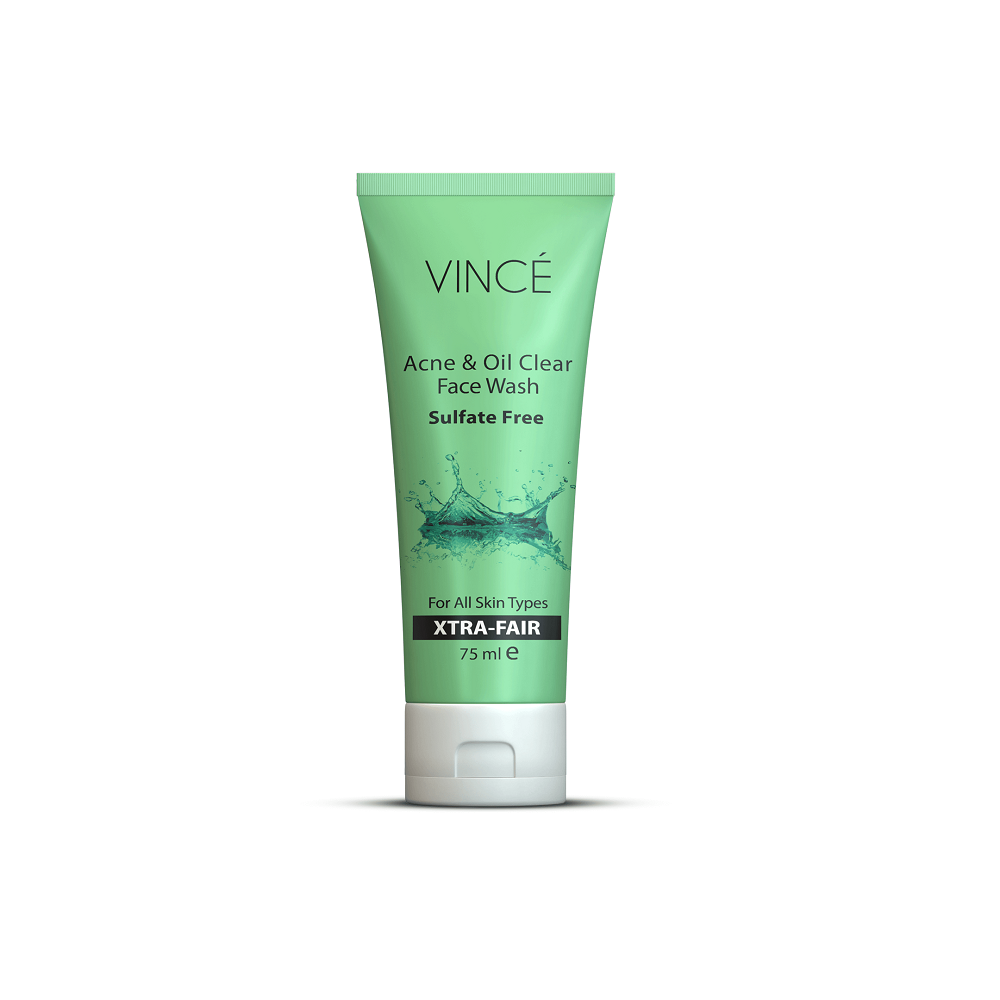
Gel cleansers are an excellent choice for acne-prone individuals. They are often lightweight and designed to remove oil and impurities effectively. Gel formulations can provide a deep cleanse without leaving the skin feeling tight or dry.
Look for gel cleansers that contain salicylic acid or tea tree oil for added acne-fighting benefits. Ingredients like aloe vera and chamomile can also be beneficial for soothing inflamed skin. The refreshing feeling of gel cleansers helps revitalize the skin, making them ideal for both morning and nighttime routines.
Foam cleansers are another popular option for acne treatment. These products create a rich lather that effectively removes dirt and impurities. Foam cleansers tend to be clarifying, making them suitable for those with oily or combination skin types.
When selecting a foam cleanser, look for options that are non-comedogenic, meaning they won’t clog pores. Ingredients like glycolic acid and witch hazel can help exfoliate while removing excess oil. Foam cleansers can provide an invigorating cleanse, leaving a soft and fresh feel.
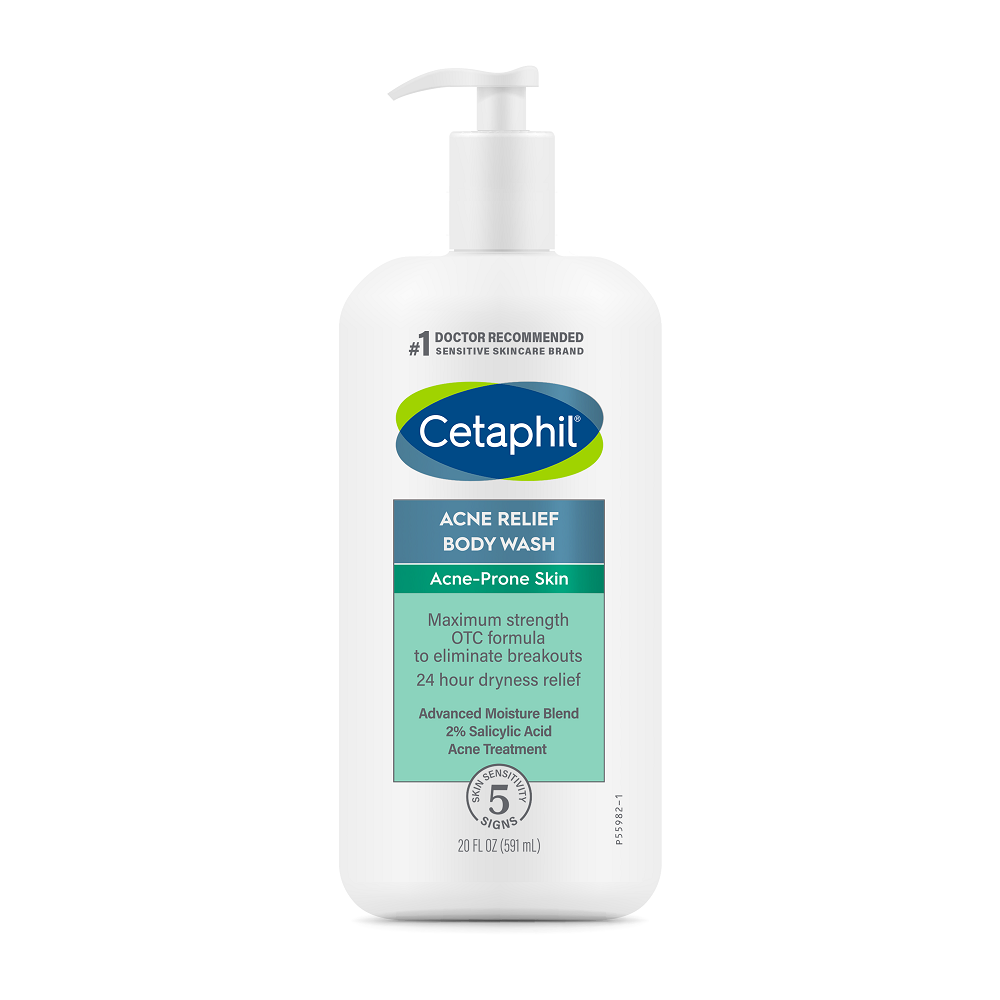
For individuals with oily skin, gel or foam cleansers with salicylic acid are often the best choices. These best cleansers for acne help control excess oil production while effectively targeting acne. Look for non-comedogenic options that offer gentle exfoliation to keep pores clear.
Additionally, consider using a cleanser formulated with gentle exfoliants, such as alpha hydroxy acids (AHAs). These ingredients can help unclog pores and improve skin texture. Avoid overly harsh cleansers, which can strip the skin of necessary moisture and lead to rebound oiliness.
Individuals with sensitive skin should choose gentle, alcohol-free cleansers to avoid irritation. Creamy or hydrating formulas that contain soothing ingredients like chamomile, calendula, or green tea can help calm inflammation. Look for cleansers designed specifically for sensitive or reactive skin types.
Avoid harsh ingredients like scrubs or exfoliants that can worsen sensitivity. Instead, opt for low-concentration salicylic acid cleansers to help manage acne while minimizing irritation. Patch-testing new products can help determine how your skin reacts before applying it to your entire face.
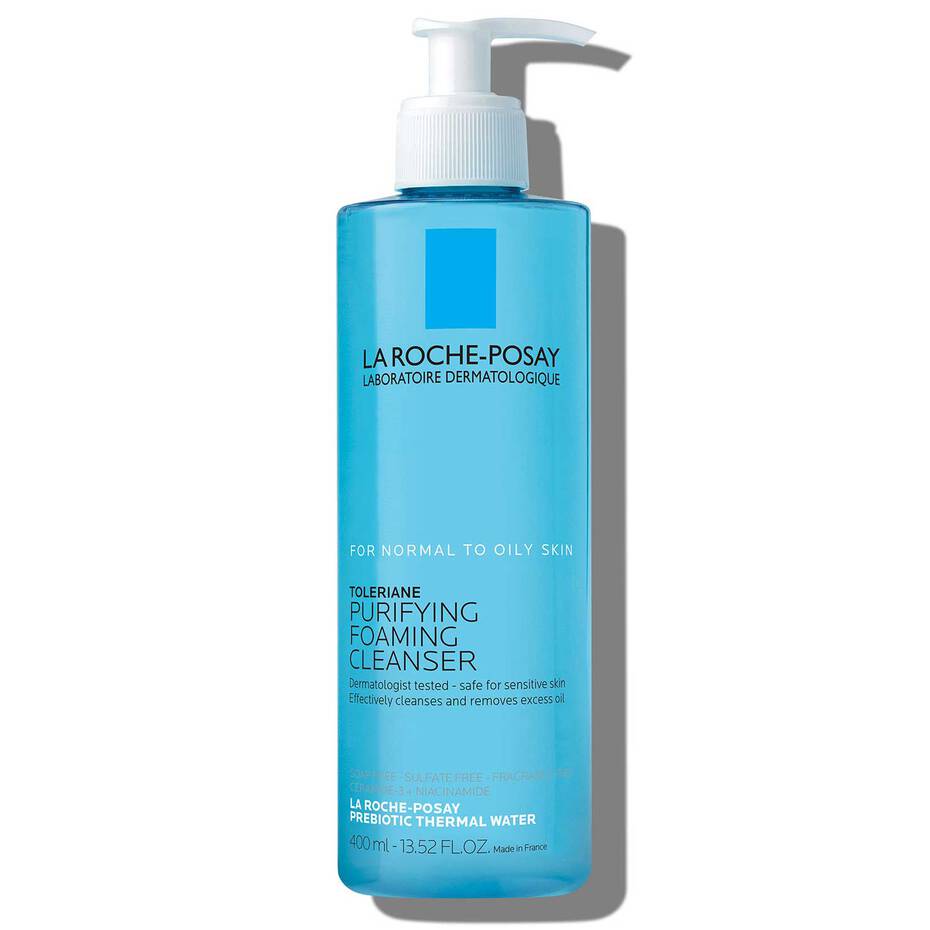
Using a cleanser effectively is just as important as the product itself. Start by wetting your face with warm water to open up pores. Apply the cleanser and gently massage it into the skin using circular motions for about 30 seconds. This action will help ensure that the product penetrates the pores and effectively removes impurities.
Be mindful of the areas that tend to accumulate oil, such as the forehead, nose, and chin. After cleansing, rinse thoroughly with cool water to close the pores, then pat your face dry with a clean towel. Avoid rubbing your skin, as this can lead to irritation.
After cleansing, it is essential to follow up with appropriate skincare products. Toners can help balance the skin’s pH levels and remove any leftover impurities. Look for toners that contain soothing ingredients and are alcohol-free to prevent irritation.
Next, apply treatments or serums targeting acne if necessary. These products can provide additional benefits, such as reducing inflammation or promoting healing. Finally, finish your routine with a moisturizer suitable for your skin type. Keeping your skin moisturized is crucial, even for acne-prone individuals, as dryness can trigger further breakouts.
Along with using the right cleanser, several lifestyle factors can impact acne management. A balanced diet rich in fruits, vegetables, and whole grains can promote better skin health. Limiting the intake of processed foods, sugar, and dairy may also help some individuals reduce breakouts.
Stay hydrated by drinking plenty of water throughout the day. Proper hydration supports overall skin health and may contribute to the skin’s ability to remain balanced. Additionally, practice stress management techniques, such as yoga or meditation, to help reduce stress levels, which can impact hormonal changes related to acne.
Lastly, consider seeking professional guidance from a dermatologist. They can evaluate your skin’s condition and recommend effective treatment options tailored to your needs. Prescription medications, such as topical retinoids or antibiotics, may be beneficial in more severe cases of acne.
Regular follow-ups with a dermatologist can help you stay on top of your skincare journey. They can also help monitor progress and make necessary adjustments to your routine. Remember, managing acne is often a gradual process that requires patience and dedication.
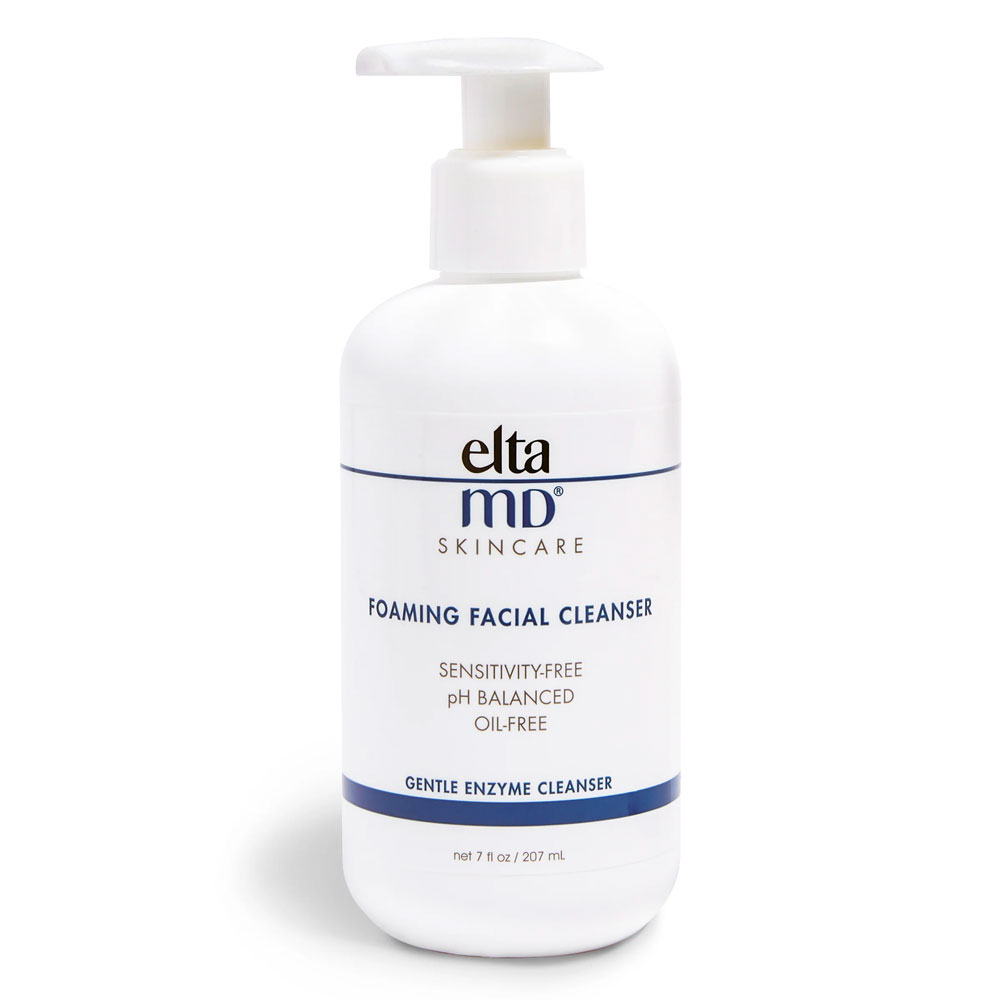
In conclusion, choosing the best cleansers for acne involves understanding the specific needs of your skin. Incorporating effective ingredients like salicylic acid and benzoyl peroxide into your routine can help control and reduce breakouts. It is important to consider your skin type and select best cleansers for acne that provide the right balance of cleansing and moisture.
Maintaining a consistent skincare routine and combining appropriate cleansers with follow-up treatments can lead to clearer skin over time. Additionally, adopting healthy lifestyle habits can support your overall journey toward skin health. Consulting with a dermatologist can ensure that you are on the right path to managing your acne effectively.
As you commit to your skincare routine, remember that achieving clear skin is a journey. With the right knowledge and products at your disposal, you can empower yourself to take control of your acne and enjoy healthy, radiant skin. Embrace the comprehensive skincare journey, and let your efforts lead you to the clear skin you desire.